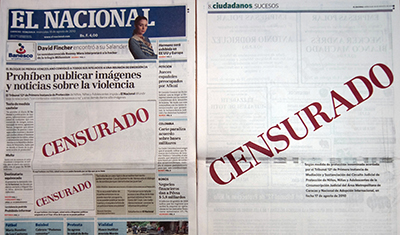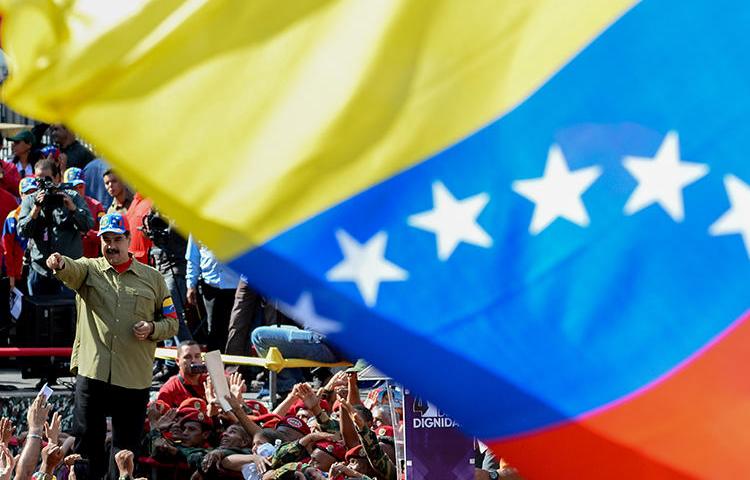
Venezuela’s anti-hate law provides Maduro with another tool to intimidate the press
In what journalists fear could be a taste of things to come, Venezuela’s new anti-hate law was enforced for the first time against a news organization on January 30, when Yndira Lugo, the editor of Diario Región, was called before government agents for questioning.
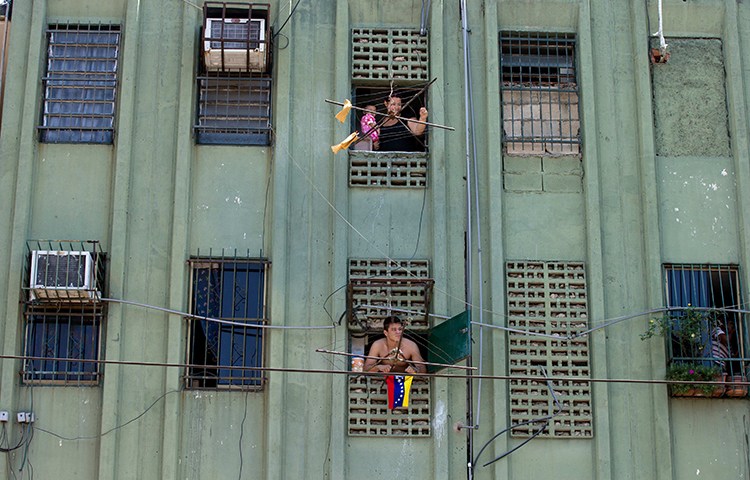
End of the print run for Venezuela’s regional press as supplies dry up for critical outlets
The lobby of El Carabobeño includes a display of vintage cameras, engraving plates and paper cutters from the 1930s when the newspaper was founded in Valencia, Venezuela’s third-largest city. But now El Carabobeño’s modern printing press could be added to the exhibit.
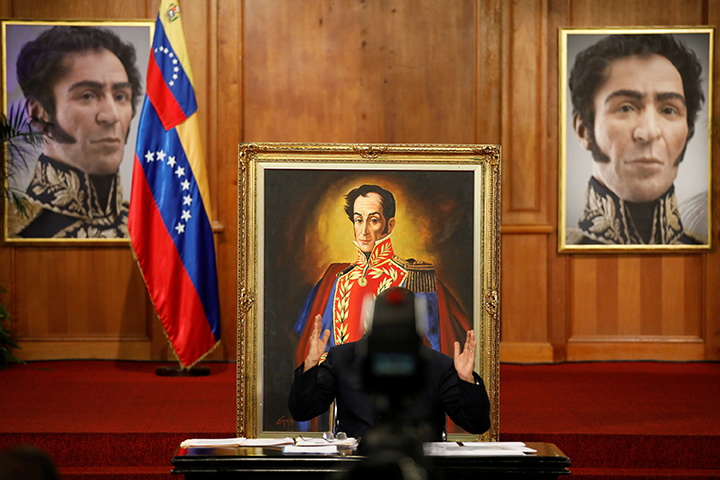
Venezuela Country Safety Page
Updated November 9, 2017 As the political situation in Venezuela continues to deteriorate, journalists covering protests have been routinely targeted, harassed, attacked, and detained. To provide concrete safety information for local and international journalists covering the unrest, CPJ’s Emergencies Response Team is issuing periodic updates on the political situation and the climate for journalists.
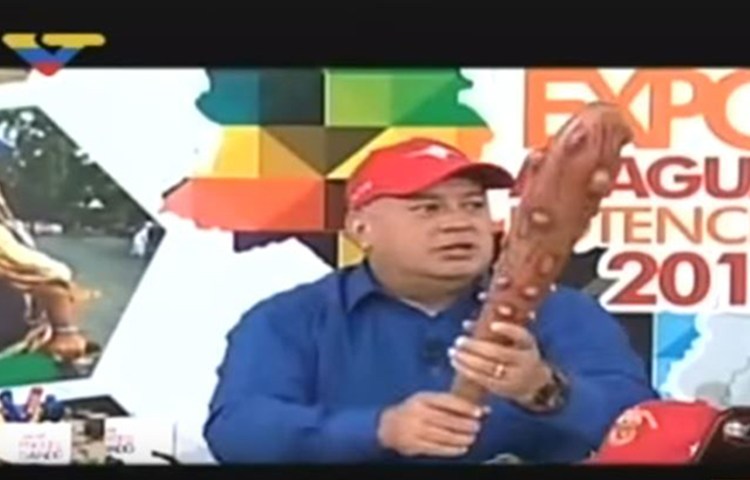
Venezuelan court fines news website $500,000 for ‘moral damage’ to politician
Bogotá, Colombia, June 2, 2017–A Venezuelan court’s ruling ordering a news website to pay the equivalent of nearly half a million U.S. dollars in damages for republishing an article about a politician threatens press freedom, the Committee to Protect Journalists said today.
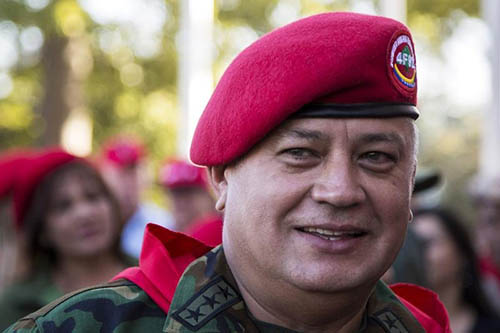
Venezuelan court bars media executives from leaving country
Bogotá, May 15, 2015–The Committee to Protect Journalists condemns a decision by a Venezuelan judge that prohibits 22 news executives from three independent media outlets from leaving the country due to a defamation lawsuit filed by one of Venezuela’s most powerful politicians. According to news reports, the lawsuit and travel ban came after three outlets…
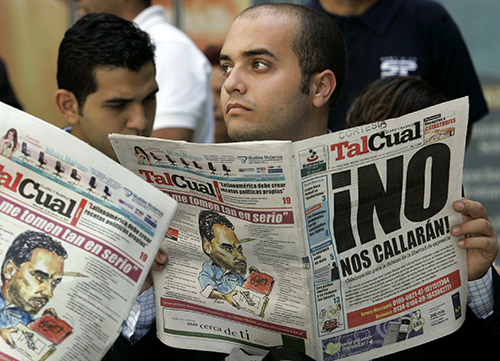
In Venezuela, Tal Cual under pressure but not defeated
Tal Cual, one of the few remaining Venezuelan newspapers critical of the government, is so shorthanded there’s often no receptionist on hand to let people in. Visitors must bang on the front door until someone in the newsroom notices. That can take a while because there are hardly any editors or journalists left.
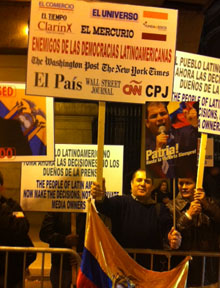
Correa supporters protest as Cabot winners celebrated
The Maria Moors Cabot Prizes, administered by Columbia University Graduate School of Journalism in recognition of journalistic contributions to Inter-American understanding, are the oldest international prizes in journalism. But Josh Friedman, director of the prizes, said this year marked the first time he remembered arriving at the awards ceremony to be greeted by protesters screaming…
Attacks on the Press 2010: Americas Analysis
In Latin America, A Return of Censorship By Carlos Lauría As the preeminent political family in the northeastern state of Maranhão for more than 40 years, the Sarneys are used to getting their way in Brazilian civic life. So when the leading national daily O Estado de S. Paulo published allegations in June 2009 that linked José…
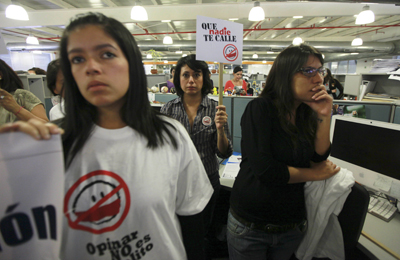
Venezuelan censorship over morgue photos is selective
A controversial ruling by a Venezuelan court banning print media from publishing images of violence was partially reversed on Thursday following an international outcry from media, rights groups, and United Nations and Organization of American States officials.
